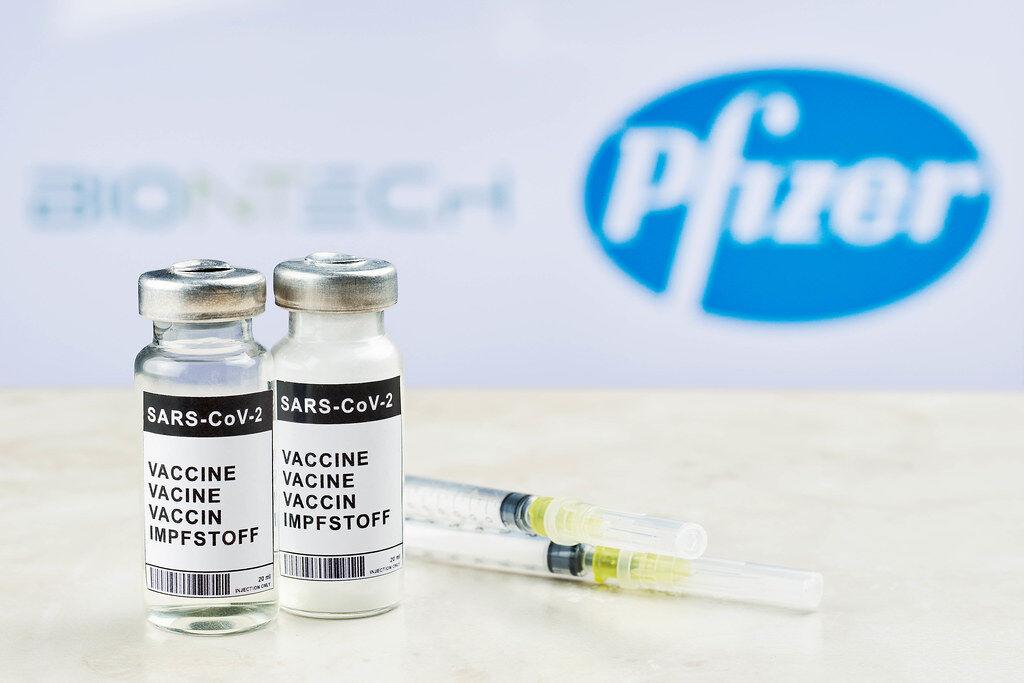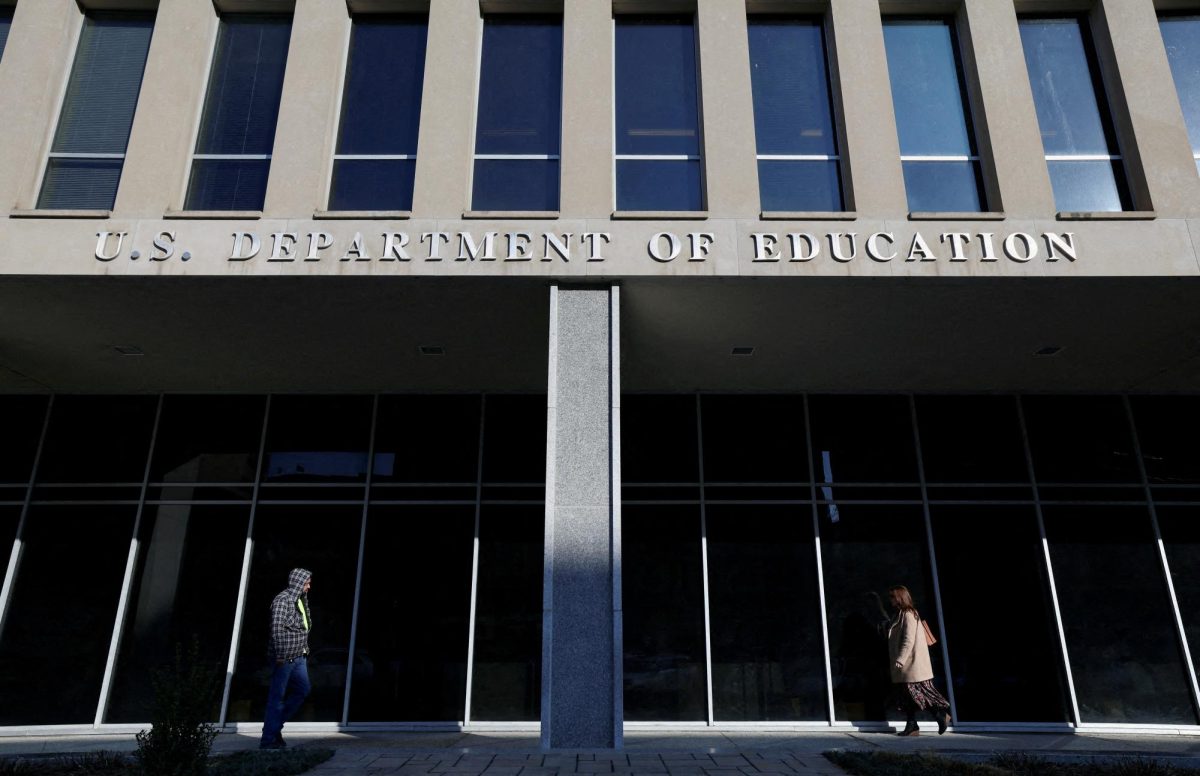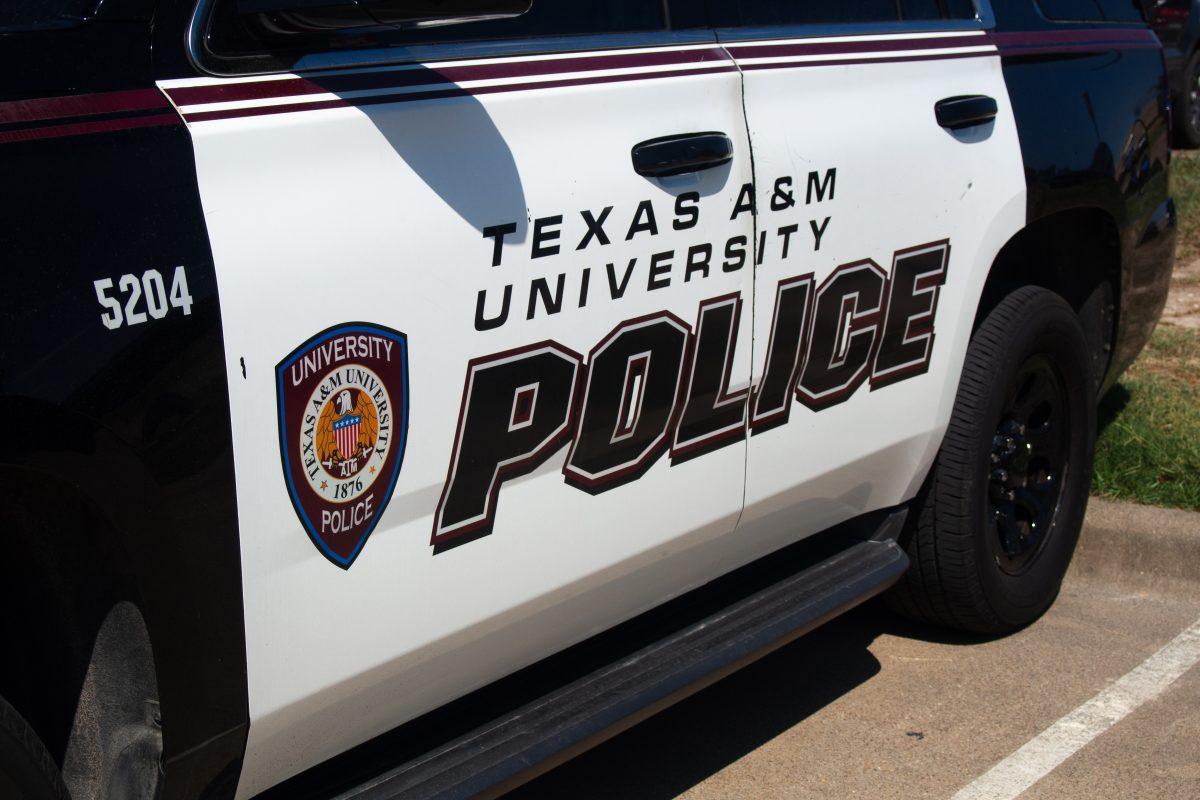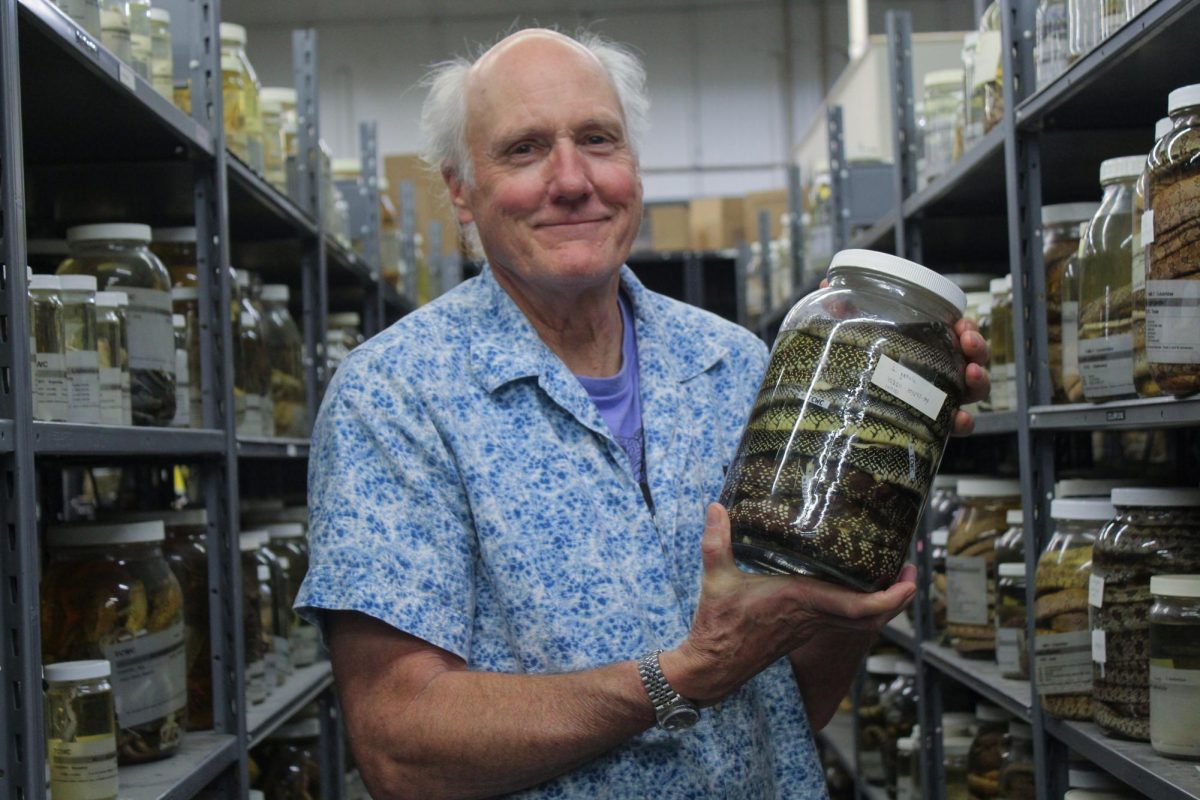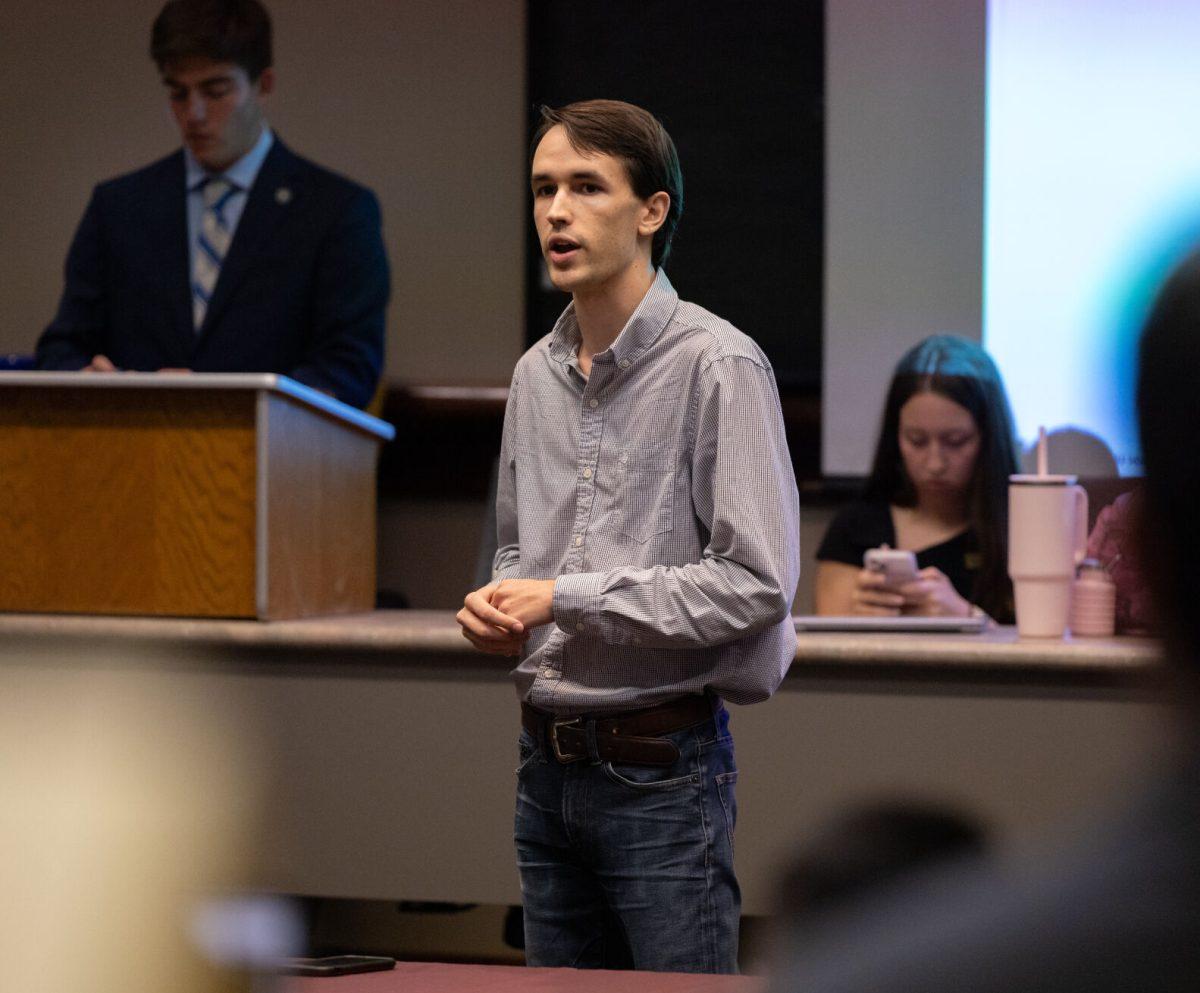After the Food and Drug Administration approved the Pfizer COVID-19 vaccine on Monday, Aug. 23, health officials and professors shared the need for the vaccine in the community.
After being approved in December of 2020 for emergency use, the Pfizer vaccine underwent extensive clinical data reviewing before being announced as the first FDA-approved COVID-19 vaccine for individuals over the age of 16.
“The FDA’s approval of this vaccine is a milestone as we continue to battle the COVID-19 pandemic,” acting FDA Commissioner Dr. Janet Woodcock said in a press release. “While this and other vaccines have met the FDA’s rigorous, scientific standards for emergency use authorization, as the first FDA-approved COVID-19 vaccine, the public can be very confident that this vaccine meets the high standards for safety, effectiveness and manufacturing quality the FDA requires of an approved product.”
With a large increase in the number of positive COVID-19 cases around the country due to the highly infectious delta variant, Texas A&M Director of Student Health Services Dr. Martha Dannenbaum said health officials expected the FDA approval shortly after the approval for emergency use.
“From the perspective of a healthcare provider, we’re happy with it, because that may be a piece that makes people more comfortable with going ahead with vaccination, if that was something that was holding them back,” Dannenbaum said. “There certainly were some individuals that just wanted to give it a little bit more time before they made the decision to go ahead and get vaccinated, and the full FDA approval for the vaccine does make a difference for many.”
For FDA approval, Dannenbaum said researchers look at the volunteerso’ data during clinical trials and then compare the efficiency to the side effects to determine if there are risks to the public.
“They have to submit an application [and] a lot of data about what has happened since they went on the market for the emergency use authorization,” Dannenbaum said. “They can’t rush it, and that’s why they can’t just get the information on Friday and be able to produce an answer on Monday. They have to look at [it] very much in-detail and really just determine if the benefit of giving this vaccine outweighs any of the risks that are associated with it.”
Dannenbaum said she believes the vaccine is important because, although it may not be completely effective in fighting off the disease entirely, it can severely limit the side effects from the virus.
“We still need to be mindful that the vaccinations don’t 100 percent protect us from getting infected. It’s very much like a flu vaccine, the flu vaccine doesn’t always 100 percent protect against flu, [but rather] reduces the severity of the flu. It’s the same way with the COVID[-19] vaccine, it reduces the severity,” Dannenbaum said. “We should continue to be mindful that this virus is really everywhere in our community.”
Department of Epidemiology and Biostatistics assistant professor Angela Clendenin said people should take into consideration the deadliness of COVID-19 when on the fence about the vaccine.
“It’s important that you remember there are people who have died from COVID[-19],” Clendenin said. “I don’t want people to take that with a grain of salt, their deaths are meaningful to their family and their friends and nobody is immune from this disease and certainly nobody is immune from dying.”
If someone has doubts or questions about the vaccinations, regardless of their reason for not wanting the vaccine, Clendenin said she urges them to talk to their clinical provider.
“Our goal is to get vaccinated, and if you’re concerned about adverse effects of the vaccine, please talk to your clinical provider – have that conversation,” Clendenin said. “Don’t be afraid to get information from a source you trust. You cannot go with what you’re seeing on social media that has been passed down through 567 different people who do not have a clinical background. I think until people are willing to have private conversations with medical providers, it’s going to continue to be an issue to get our vaccination rates.”
Clendenin said she has seen many stories of patients with COVID-19 who had to fight for their lives becoming the biggest advocates for the vaccine.
“It’s important that you remember there are people who have died from COVID[-19]. I don’t want people to take that with a grain of salt, their deaths are meaningful to their family and their friends, and nobody is immune from this disease and certainly nobody is immune from dying,” Clendenin said. “There is a reason why people who have survived hospitalization with COVID[-19] that went in and were unvaccinated have turned into some of the biggest advocates for getting the vaccine.”
After the FDA approval, Dannenbaum said health providers saw an increase in the amount of post-secondary schools across the country requiring the vaccine for students and employees, including Louisiana State University, though A&M has not taken this step.
“I don’t believe we’ll see [a vaccine requirement] in Texas at this point in time,” Dannenbaum said. “Texas has typically not been big on requiring vaccination for much of anything in higher education, with the exception of meningitis, which was approved in 2011.”
In the near future, Dannenbaum said she expects the Moderna vaccine to also become FDA-approved, followed by the Johnson & Johnson vaccine.
Both Clendenin and Dannenbaum said community members should remember the importance of safety protocols such as mask-wearing and hand-washing, even if vaccinated, to help stomp the curve.
“If you really want to protect yourself, [continue to] engage in the behaviors that we were doing previously, like wearing a mask indoors in particular, and trying to maintain your physical distance,” Clendenin said. “If we can get the delta variant cases to start declining, and we don’t see another variant coming along causing more issues, then I think we might be able to step back and feel like we’ve gotten on the other side of the curve.”




